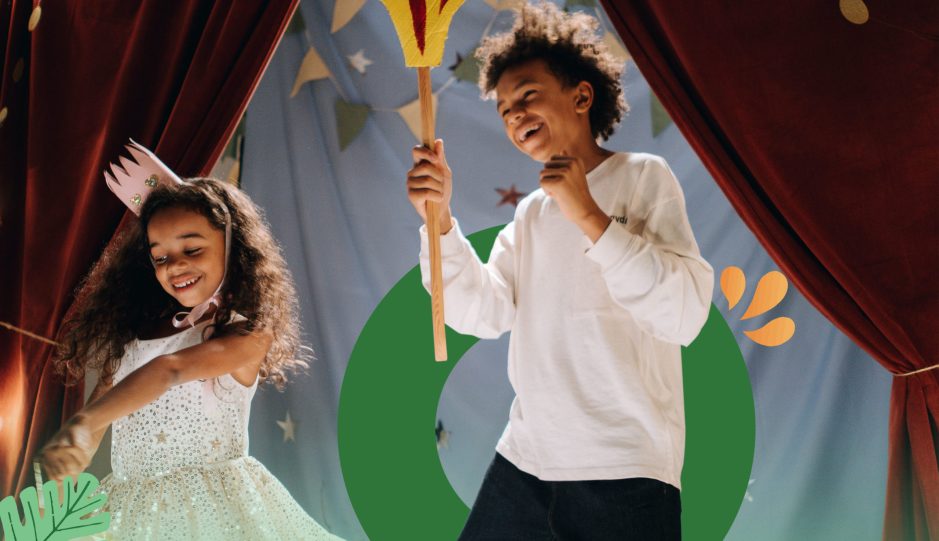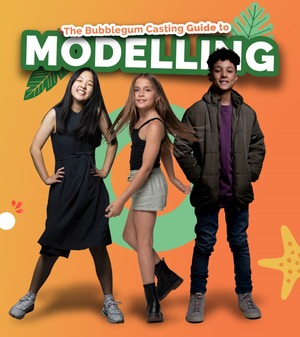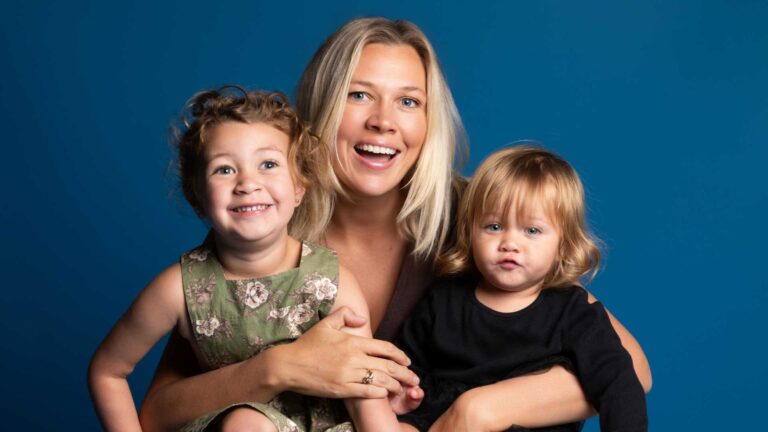Want to take your acting to the next level without breaking the bank?
If you’re not careful, acting classes can cost you thousands of dollars per year. You also have to factor in the time it takes to drive to and from class in between all your other responsibilities.
Luckily, there are some simple exercises you can use to practise acting at home. These can help you dramatically improve your technique while saving money at the same time.
Keep reading for our helpful guide on how to start acting at home.
How To Start Acting At Home: Record Yourself
While it might seem a bit embarrassing to record yourself at first, it’s actually one of the most helpful ways to learn how to become a better actor. This is because the way you think you’re acting may not look like you think it does to the person watching you.
For example, let’s say you’re practising a scene in which your character has heard some fantastic news. While rehearsing, you may think you’re smiling enough, but when you go to look at the footage, it turns out you weren’t.

Benefits of Recording Yourself
If you’re not sure how to start practising acting at home, why not record yourself? Recording yourself is a great way to critique yourself and see what you might want to change.
You might want to take out a pen and paper to write down a list of the top three things you’d like to work on. Then, commit to improving these three skills over the next couple of weeks.
Another benefit of recording yourself is that you can more accurately capture what you’ll look like on film. Since cameras can easily catch small movements, you may need to change the intensity of your facial expressions. This especially holds true if you’re used to acting on stage.
Whether you’re using a DSLR or a phone camera, make sure to set it up so that it faces you. If you don’t have a tripod, lean your camera against a secure object like a bookshelf.
Whatever camera setup you use, try to get at least your face and upper body in the frame so you can get a good idea of both your facial expressions and body language.
Perform a Cold Reading
If you’re wondering how to do acting at home, cold reading is the skill to practise. Cold reading is when you read aloud from a script with little or no rehearsal. Usually, the actor either hasn’t seen the script before or has had very little time to study it.
Cold reading is a great way to develop your improv skills. During auditions and on set, you need to be prepared for anything.
It’s vital to become good at cold reading, as you could be asked to do one by a casting director during an audition. The casting director may want to see how you do with a different type of character or part, or want to see how you react to unrehearsed material.
When practising cold reading, make sure to stick with your instincts on the first read. What do you think this character sounds like? What kinds of expressions or movements might this character make? Don’t forget that you’re acting even though you’re reading a script.
After you’ve done the first cold reading of a script, try it again and again. The more times you read the script, the better feel you’ll get for the character.
Eventually, you’ll get better at interpreting your character on the first read-through of a script.
Practise Movement
Although you might associate movement practise with exercise or sports, it’s actually one of the best tips to learn acting at home.
Here are a few good movement exercises to work on:
- Warm-ups with yoga or gentle stretching
- Improvisation with movement (e.g., reacting to a loud noise)
- Practising the same movement in a big and a small way, like waving your hand to say hello
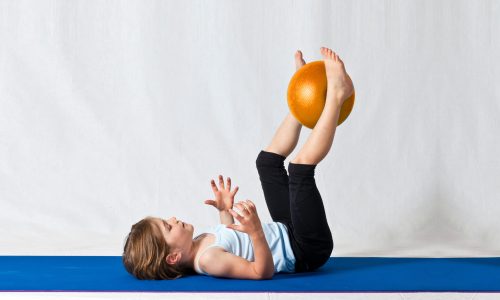
For acting practice, try recording yourself rehearsing a scene before doing any physical exercises. Do the exercises, and then record yourself performing the scene.
Take note of how the exercises helped you and how you were able to add more convincing movement to your scene and your character.

Expression Exercises
Movement also applies to the way you move your face. Your body language and tone of voice can be fantastic, but if your facial expressions don’t match, your performance won’t be convincing.
Facial expressions are one of the easiest acting techniques to practise at home because you don’t need anyone to help you do it. For best results, do these in front of a mirror or record yourself with a camera.
Start out with easier expressions, like sadness, anger and happiness, and then go to more nuanced expressions, like confusion or a sad smile. Practise the same expressions in a range, starting from subtle to big and expressive.
Learn Voice Control
Voice control isn’t just for theatre actors. Your voice volume and tone are going to vary depending on the sound equipment on set, background noise, the director’s instructions, and your character. For this exercise, record yourself on your phone’s tape recorder. Try the following exercises to improve your voice control:
- Start with several big yawns
- Make exaggerated sounds for “o” and “e”
- Keep repeating these faster and faster
- Try a few tongue twisters to warm up all the parts of your mouth
Learning to control your voice helps you learn to project when you need to, and it helps you keep your voice controlled and realistic for those really emotional scenes.
Get Someone to Watch You
While your friends or family members probably aren’t casting directors or acting professionals, they’re great for giving you ideas on how to practise acting. They might observe something you didn’t or give you an idea for how to try a scene differently.
You could either get them to watch you perform a monologue or read for the other character if it’s a scene with two people. This gives you the chance to react rather than just read off of a page.
This skill is important because, at an audition, the casting director may have someone read for the other character in the scene with you.
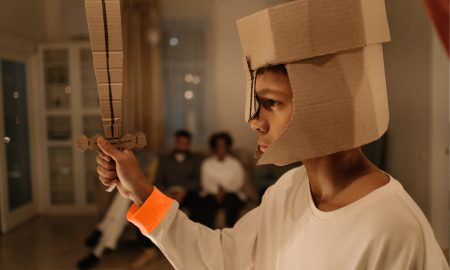
This person may just be reading (and not acting), so you need to get used to delivering a performance even when the other person isn’t acting.
When getting someone to watch you practise, make sure to ask people you’re comfortable around. This will give you a safe environment to improve and get out of your comfort zone without too much pressure

Go People-Watching
People-watching can help your acting because it helps you give a more realistic acting performance. When you observe people who don’t know they’re being watched, you’re watching them behave naturally.
For example, maybe someone smiles whenever they see a dog walk by. Or perhaps they cross their arms when they’re having an argument. Maybe they even have the most interesting, bright orange scarf you’ve ever seen, and you find their boldness inspiring.
People-watching can be as easy as sitting on a bench at the park and observing people as they go by. How are they moving? How are they expressing themselves? Are they talking to someone or making any hand gestures?
You can even take your imagination one step further and imagine what the person’s job might be. Do they have siblings? Children? What is their personality like?
This will help you give your own acting more realism as you add more details to your character’s life, even if they’re not mentioned in the script.
Learn From the Pros
Nowadays, acting classes aren’t the only place to learn how to act.
There are many online acting resources available, such as our online drama school Bubblegum Academy, and other resources such as blogs, e-books, and YouTube videos. Best of all, most of these are free. Online acting courses offered by reputable professionals, can often be cheaper than one-on-one instruction.
You can go to the library and get some books on commonly taught acting techniques. You can also read or watch interviews with professional actors to get an idea of their process.
For example, some of the most common tips professional actors give include:
- Not letting rejection discourage you
- Taking risks and pushing past your comfort zone
- Focus on reacting rather than just saying a line
- Have fun!
As you start to learn more from professional actors, you’ll find that a lot of their tips might overlap. These are the tips that you want to focus on the most since they’re widely applicable to many actors.
You might just learn a new tip you hadn’t considered before!
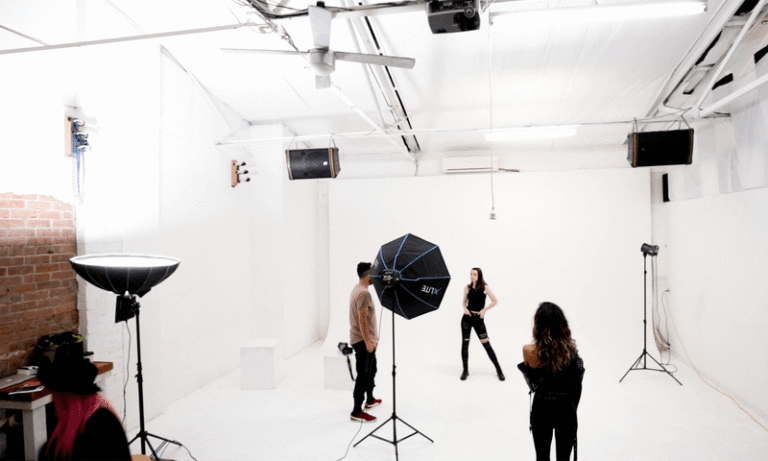
Jumpstart Your Acting Career Now
If your child or teenager shows an interest in acting, you don’t have to spend thousands of dollars in classes to help them start. We hope this article gave you some helpful and interesting ideas on how to start acting at home. Practising acting at home is a great way to develop new techniques, push past your comfort zone, and develop a personal acting style.
At Bubblegum Casting, we’re always looking for fresh talent. If you’re in the Melbourne, Sydney, Brisbane, or Perth areas, apply today and take your child’s acting to the next level – we specialise in baby modelling, kids modelling, and teen casting!
